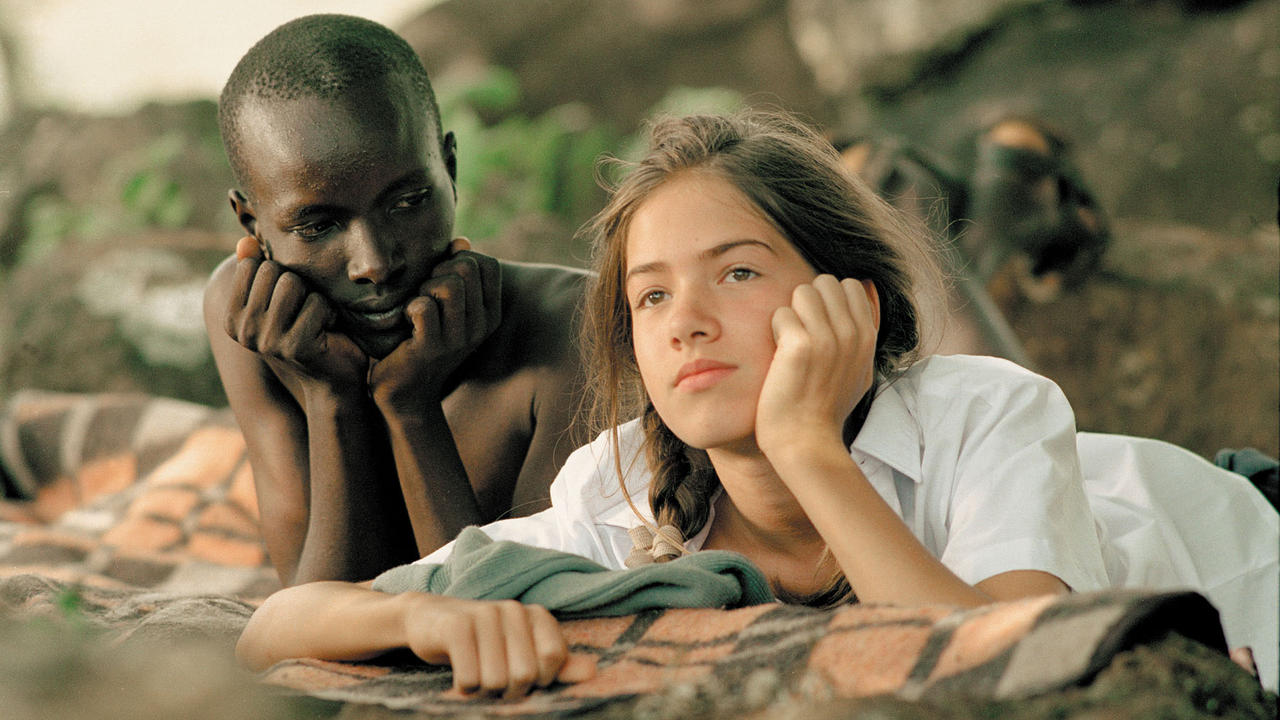
While the Academy Awards have always been favorable towards English language films, it has also honored some of cinema’s most iconic international films since the Academy first created a separate category for foreign language films in 1956. Filmmakers including the likes of Almodovar, De Sica, and Kurasowa have all received the Academy Award for Best International Film during their careers.
Since the 21st century began, films from all around the globe have been honored with the Oscar for Best International Film. Many of these films have gained much notoriety following their Oscar wins, garnering critical and commercial success that they may not have received had they not been Oscar winners. Here is a list of Best International Film winners of the 21st century, ranking from worst to best.
20. Departures (2008)

The winner of Best International Film at the eighty-first Academy awards was the Japanese film Departures, directed by Yōjirō Takita. After failing to find a career as a successful cellist, a young man returns to his hometown where he is able to find a job working for a traditional Japanese mortician. Coming from Japan where there are culturally-specific connotations surrounding death, Departures explores its protagonist’s journey as he connects with his new career. Often stepping over the line of too conventional and too sentimental, Departures was a bit of an off-beat winner of the Academy Award for Best International Film.
19. In a Better World (2010)

Another female filmmaker who has won the Oscar for Best International Film during the 21st century is Susanne Bier, whose film In a Better World won the award for Denmark in 2010. The film is an intense modern day thriller that cuts between a doctor working in a Sudanese refugee camp and his adolescent son’s life back in Denmark as the two navigate their own senses of justice and righteousness. The ideas and themes presented in this film are provocative, leaning towards decisions and developments that are too disturbing, leaving this film at the bottom of the list.
18. The Barbarian Invasions (2003)

The Barbarian Invasions won the Academy Award for Best International Film in 2003, where it was also nominated for Best Original Screenplay. Directed by Denys Arcand, this was Canada’s first winner for Best International Film. A sequel to an earlier Arcand film, The Barbarian Invasions focuses on middle-aged Sébastien who returns home to Montreal after learning that his father is dying from cancer. A film that taps into post-millennial changes in the world and aging characters in contemplation of life, The Barbarian Invasions is a bit of a misanthropic film that could be loved or hated by viewers.
17. Tsotsi (2005)

The only film on this list from the African continent, Tsotsi directed by Gavin Hood won the Best International Film Oscar in 2005. Taking place in a South African slum, the film’s protagonist Tsotsi is a young criminal who is led on a journey of righteousness after being left with a baby to care for following a crime gone wrong. Platforming many African languages and presenting perspectives typically uncommon in western cultures, Tsotsi is deserving of its Best International Film win.
16. The Sea Inside (2004)

Alejandro Amenåbar’s The Sea Inside won the Oscar for Best International Film for Spain at the 2004 ceremony. The Sea Inside is based on the true story of Ramón Sampedro, a quadriplegic who fought European legal systems for nearly three decades for the right to an assisted suicide. Starring Javier Bardem in a role far away from his typical suave appearance, The Sea Inside is a sorrowful story that manages to evoke the sense of lightheartedness or comedy that is ever present in real life. A heavy topic that is carried by strong performances make The Sea Inside a befitting winner of Best International Film.
15. Nowhere in Africa (2002)

The first German recipient of the Oscar for Best International film in the past twenty years is 2002’s winner Nowhere in Africa. Female Filmmaker Caroline Link directed the film, based on a memoir by a German-Jewish woman whose family moved to Kenya before World War II to escape persecution. A graceful and romantic movie, Nowhere in Africa works to capture the experience of its central family as they grapple with geographical and emotional transitions.
14. The Secret in Their Eyes (2009)

An Argentinian film won the Oscar for Best International Film in 2009 with Juan José Campanella’s The Secret in Their Eyes. Based on a novel (whose author co-wrote the film’s script) about the investigation of a brutal murder during the 1970’s, the film also addresses the instability within Argentina during the times. The Secret in Their Eyes is surprising and entrancing, with a mysterious story unlike any other winner on this list.
13. The Counterfeiters (2007)

Austrian film The Counterfeiters directed by Stefan Ruzowitzky won Best International Film at the 80th Academy Awards ceremony. Another winner on this list that deals with themes of the Holocaust, The Counterfeiters is based on the real experiences of a Jewish counterfeiter who survived the Holocaust by forging Nazi documents and currencies. This film finds itself in the thirteenth position on this list because of its conventional story arc, cinematography, and use of flashback that has been seen in other Holocaust films.
12. The Great Beauty (2013)

The Great Beauty won the Oscar for Best International Film in 2013. Directed by Italian filmmaker Paolo Sorrentino, The Great Beauty harkens back to classic Italian films such as 8 ½ in the way the film centers on an aging man facing the moral dilemmas of life. Profound connections to the modern human experience and amazing cinematography elevate The Great Beauty to a must-see Oscar winner.
11. A Fantastic Woman (2017)

Chile received its first win in the Best International Film category at the Oscars in 2017 with A Fantastic Woman. Directed by Sebastián Lelio, the film focuses on a transgender woman in Santiago as she faces the aftermath of her boyfriend’s sudden death. Starring a real transgender actress and confronting issues faced by the transgender community in Chile and worldwide, A Fantastic Woman has become a far-reaching LGBTQ film. A Fantastic Woman serves as an important film of representation in the history of the Academy Awards.